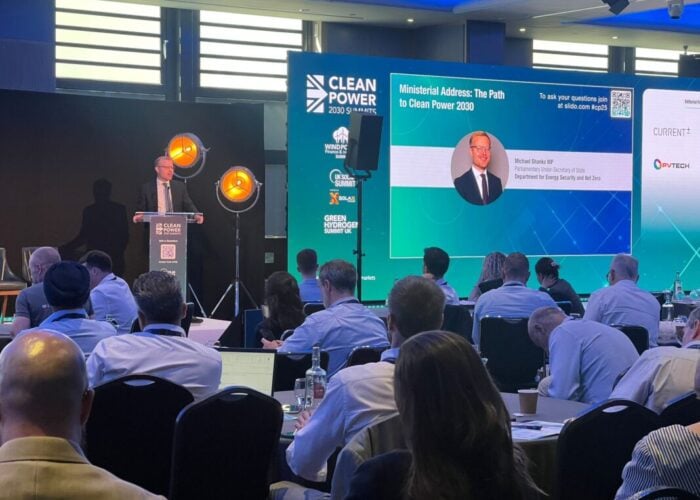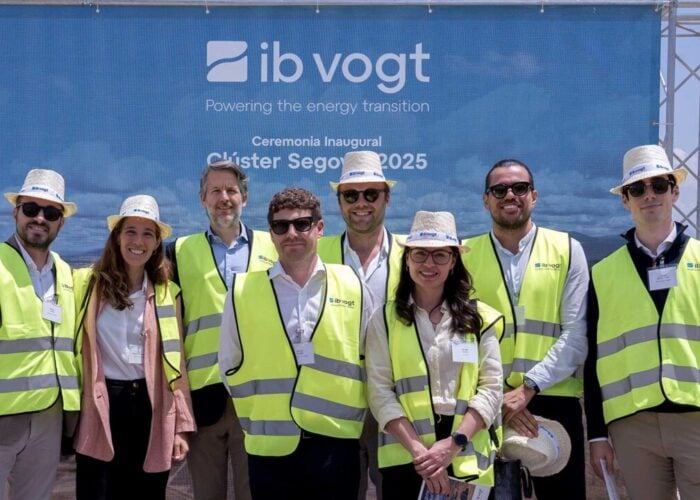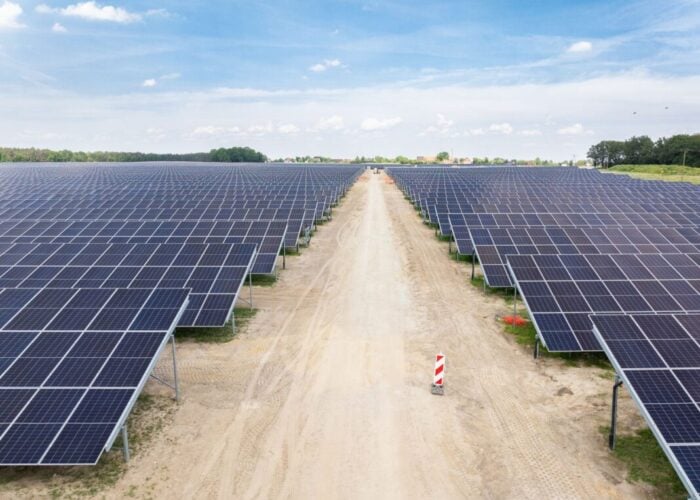A senior advisor to US president Barack Obama is expected to officially announce on Tuesday a number of measures aimed at making rooftop solar accessible for low income families, according to various reports.
Obama’s senior advisor for climate issues, Brian Deese, briefed reporters in a telephone conference yesterday of the plan, which will see a target set to deploy some 300MW of solar onto affordable or federally subsidised housing by 2020. A previous target set in 2013 for a third of that amount has already been surpassed.
Unlock unlimited access for 12 whole months of distinctive global analysis
Photovoltaics International is now included.
- Regular insight and analysis of the industry’s biggest developments
- In-depth interviews with the industry’s leading figures
- Unlimited digital access to the PV Tech Power journal catalogue
- Unlimited digital access to the Photovoltaics International journal catalogue
- Access to more than 1,000 technical papers
- Discounts on Solar Media’s portfolio of events, in-person and virtual
Deese told reporters that it was “really important” that solar and other renewable energy technologies be made accessible to all, for reasons that include “the energy itself and the cost savings,” as well as the possible employment opportunities a growing renewables sector could create.
Reuters reported on Tuesday that the government will offer loans of up to US$25,000 to households for solar or energy efficiency projects, as well as offering technical assistance where applicable for household groups. Reuters also said “200 poor people” which presumably means “low income”, will be trained for jobs in the solar industry.
The employment aspect has been one of the many positives to emerge from Obama’s broad support of the renewables industries. In February, a “National Solar Jobs Census” found that over 170,000 workers were employed by the US solar industry, while President Obama himself announced a drive to recruit 75,000 more workers for the industry – including forces veterans – by 2020.
The private sector in the US has also sprung up some voluntary initiatives to build a fairer and more inclusive solar industry. Non-profit organisation GRID Alternatives works with “community partners, volunteers and job trainees to implement solar power and energy efficiency for low-income families”, receiving funding from solar companies including SunEdison, Enphase, SolarCity, SunPower and NRG Energy.







